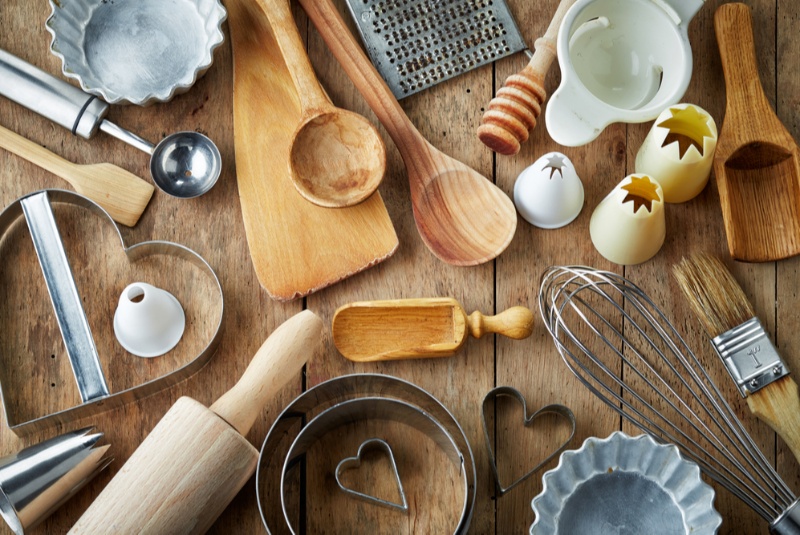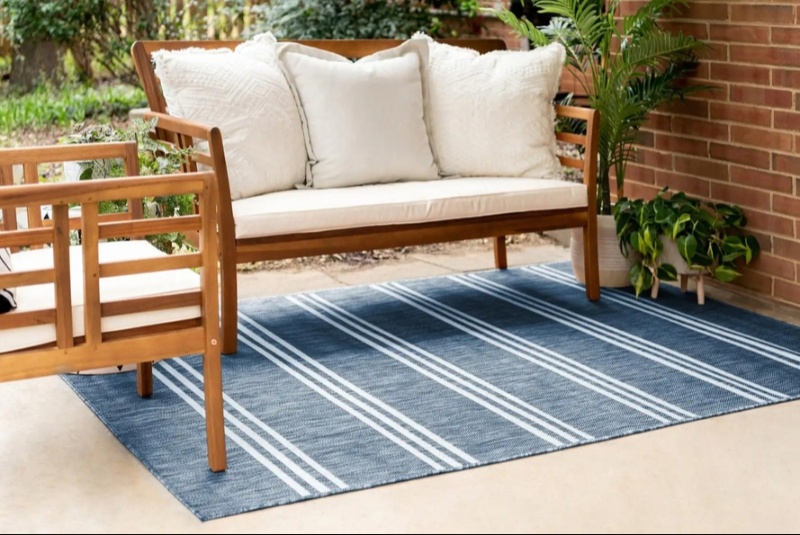The heartbeat of every home arguably pulsates in the kitchen; it is where meals are crafted with love, nourishment meets family, and culinary adventures begin. To make the most out of your kitchen endeavors, it is essential to be equipped with the right utensils. They not only make your cooking process seamless but also ensure that your meals are prepared efficiently and healthily. This comprehensive guide aims to steer you in the right direction when it comes to smart shopping for kitchen utensils.
Understanding Your Needs
Before heading out to shop, take a moment to assess the utensils you already have and identify the ones you need. Consider your cooking habits, the cuisine you usually prepare, and the number of people you often cook for. This introspection ensures that you buy utensils that align perfectly with your culinary lifestyle.
Material Matters
Kitchen utensils are crafted from various materials such as stainless steel, silicone, wood, and plastic. Each material has its pros and cons:
Stainless Steel
- Pros: Durable, easy to clean, resistant to high heat.
- Cons: Can scratch non-stick surfaces.
Silicone
- Pros: Heat resistant, won't scratch non-stick surfaces, available in vibrant colors.
- Cons: Can harbor odors, less rigid than metal utensils.
Wood
- Pros: Won't scratch surfaces, biodegradable, aesthetically pleasing.
- Cons: Can harbor bacteria if not properly cared for, not dishwasher safe.
Plastic
- Pros: Affordable, lightweight.
- Cons: Can melt at high temperatures, not environmentally friendly.
Understanding these materials and their characteristics aids in making an informed decision.
Ergonomics and Design
Pay attention to the design and ergonomics of the utensils. The handles should be comfortable to hold, and the utensils should be designed to make your cooking tasks easier. Look for features such as non-slip handles and easy-grip designs.
Set or Individual Pieces?
Kitchen utensils are available both in sets and as individual pieces. While buying a set might seem like a cost-effective option, it may include pieces that you'll never use. On the other hand, buying individual pieces allows you to customize your utensil collection based on your needs. Weigh the pros and cons of each option before making your choice.
Sustainability
In a world leaning towards environmental consciousness, opting for sustainable utensils can be a wise choice. Consider buying utensils made from biodegradable or recycled materials to reduce your ecological footprint.

Budget and Quality
Quality should be a significant consideration when buying kitchen utensils. While it might be tempting to go for cheaper options, they might not last long. Investing in high-quality utensils might seem costly upfront but will save you money in the long run as they tend to last longer.
Reviews and Recommendations
Before making a purchase, do some research and read reviews to learn about the experiences of other customers. Personal recommendations from family and friends can also be a reliable source of information.
Extra Features
Some utensils come with extra features such as built-in thermometers, measurement markings, etc. While not essential, these features can add convenience to your cooking process.
Maintaining Your Utensils
Once you have your utensils, proper maintenance is key to ensuring their longevity. Follow the care instructions provided by the manufacturer diligently.
Final Thoughts
Buying kitchen utensils is a significant step towards enhancing your culinary experience. By considering factors such as material, design, sustainability, and quality, you can make smart choices that cater to your needs while being gentle on your wallet and the environment. Remember, the best utensils for you are the ones that make your time in the kitchen enjoyable, efficient, and fruitful. Happy cooking and smart shopping!




